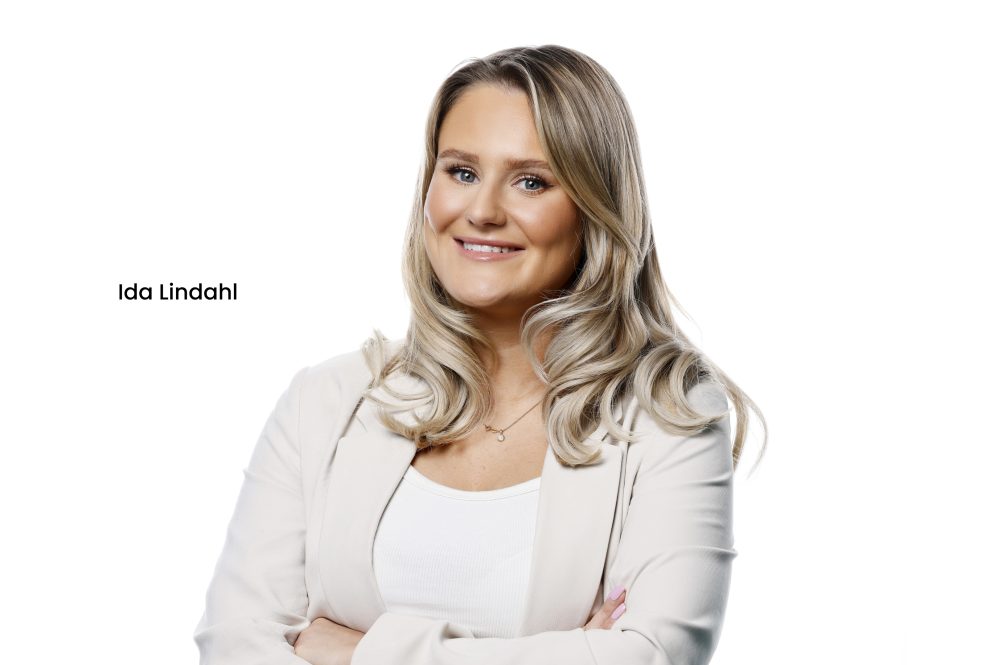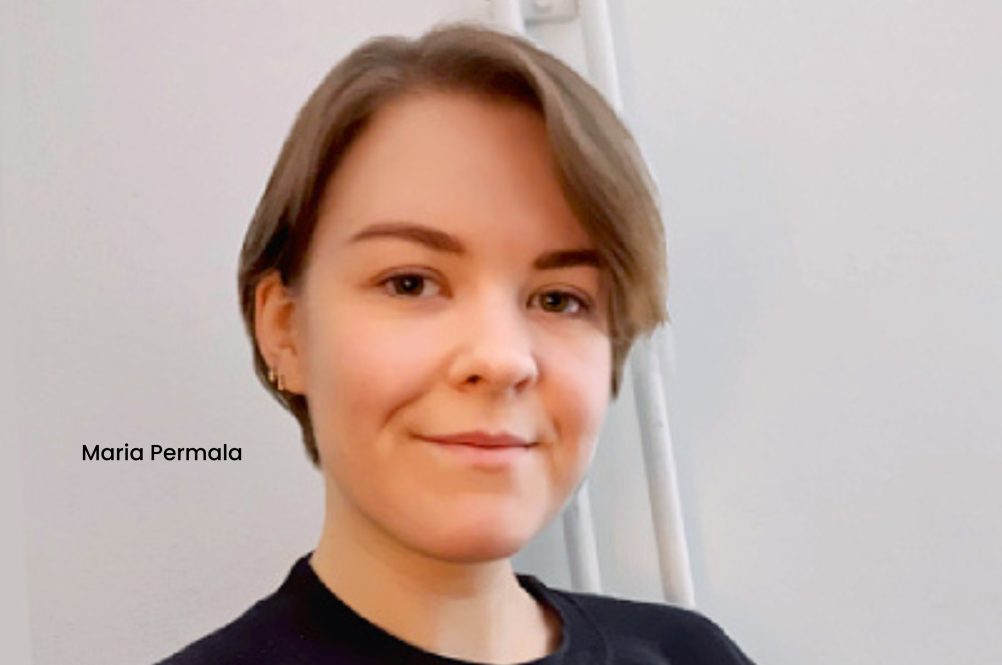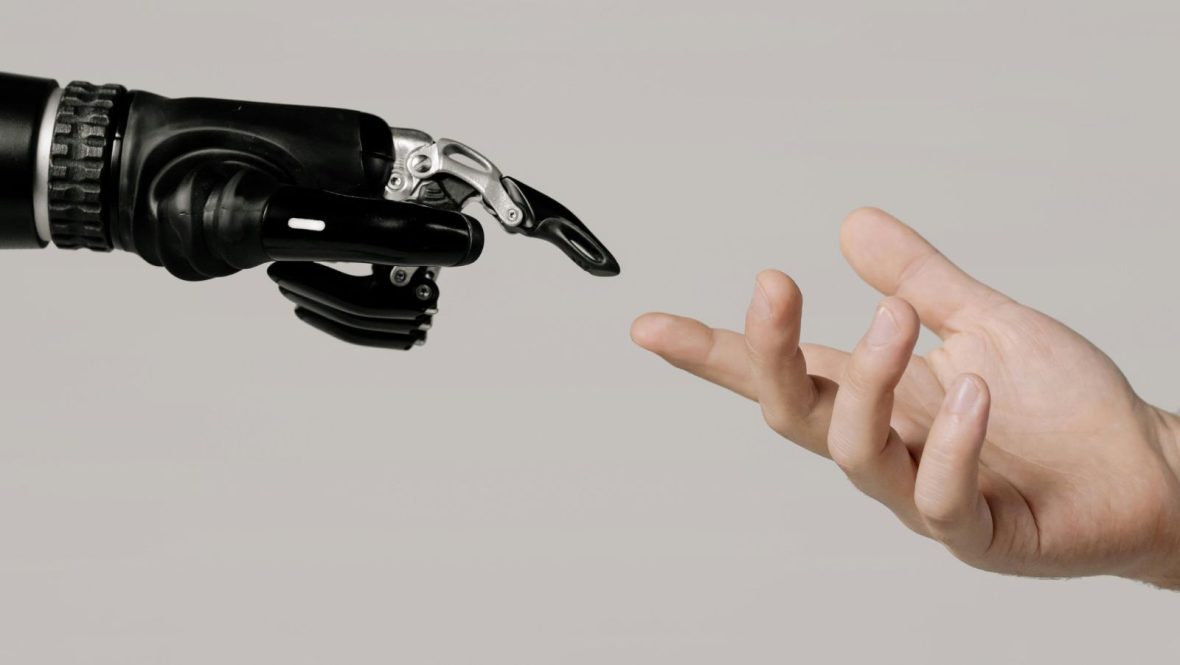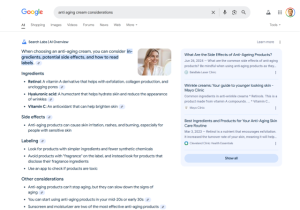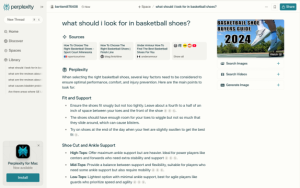The Future of Search Ads in Gen AI Search
- POV’s
- April 2, 2025
- Emil Starup, Ida Lindahl, Maria Permala & Adrian Dahl
The world of search advertising is in the midst of a seismic shift. As AI rapidly evolves, it’s not just changing how people search, but also how brands connect with their audiences. In fact, research from Think with Google and other independent media predicts that 75% of digital ads will be powered by AI-driven solutions in 2025, signaling a new era for marketers. This transformation is driven by the emergence of AI-powered search platforms like Perplexity, ChatGPT, and Google’s “AI Overviews,” each offering unique ways for users to find information.
As highlighted in GroupM Nordics’ recent article, “In an AI Answer Engine Era, Brands Need to Master Marketing to Both Humans and Machines,” the future of search demands a dual approach, requiring brands to optimize for both human users and AI algorithms. Elaborating on this concept, this article delves into the potential for advertising in this new, AI-driven search landscape, exploring the specific opportunities and challenges that lie ahead for brands seeking to connect with their audiences.
The Seismic Shift in Search
The timeline for integration of AI into search speaks for itself: Microsoft integrated ChatGPT into Bing, Edge, and other applications in early 2023, followed by Google’s experimentation with Search Generative Experience (SGE), now known as AI Overviews. These AI-powered search experiences are fundamentally changing how users interact with information.
This shift is also giving rise to new players in the search landscape. Platforms like SearchGPT and Perplexity are challenging Google’s dominance with their own unique approaches to AI-powered search. SearchGPT, known for its ease of use and customizability, boasts 300 million active monthly users. Perplexity is recognized for its methodology, breaking down reasoning into components and providing in-depth data points, and boasts 15 million active monthly users.
Moreover, user behavior is evolving. Multimodal search, incorporating image, voice, and video, is becoming increasingly prevalent. This means brands need to optimize beyond traditional keywords to capture the attention of users searching in new ways. Brand websites are also playing a crucial role, influencing both search results and chatbot answers. As over 10% of website traffic transitions to Gen AI search according to GroupM research, it’s critical for brands to understand and optimize for these more complex user journeys.
However, this transformation also presents challenges. With AI-generated answers dominating informational searches, ranking in the top search results is now more critical than ever, as these are the sources most often cited by Gen AI. In fact, 75% of AI overviews come from position 12 or higher, which is why understanding brand visibility within Gen AI results is paramount for maintaining a strong online presence.
Fundamental Changes to Ad Formats and Strategies
The rise of Gen AI search is driving fundamental changes to ad formats and strategies. One key shift is from manual campaign management to automated solutions. Platforms are increasingly relying on AI-powered tools such as automated bidding, targeting and multiformat campaigns. Performance Max and Demand Gen campaigns, for example, leverage AI to optimize ad placements across multiple channels, maximizing reach and driving conversions. This rise in automated formats and tools narrows the gap in competition. As a result, advertisers need to stand out more with creatives, ad copy, first-party data, product feeds and more to give as much data to AI to work with as possible.
Advertising in the age of AI answers presents both challenges and opportunities. Perplexity, for instance, is testing sponsored media formats that appear alongside AI-generated answers. ChatGPT, on the other hand, is still assessing the need and value of an ad-funded model.
Moreover, search intent data is becoming an increasingly valuable commodity. By understanding what users are searching for, brands can power ads across various platforms and formats, delivering more relevant and engaging experiences.
However, the rise of Gen AI search introduces significant brand safety and suitability risks. Because AI-generated content is not always fact-checked, brands need to be vigilant about where their ads appear. WPP is pushing for third-party brand safety verification partners to mitigate these risks and ensure that ads are displayed in appropriate contexts.
Preparing for the Future: A Strategic Approach
To thrive in the AI-powered search landscape, brands need to adopt a strategic and holistic approach. This starts with building holistic search teams that work seamlessly across search, retail, and social media. These teams should include search experts with a deep understanding of AI changes and a strong creative strategy to develop engaging ad formats.
A data-driven approach is also essential. Brands need to continuously test, experiment, and optimize their campaigns based on data insights. Embracing new AI formats like Performance Max and Demand Gen is crucial for staying ahead of the curve.
Leveraging 1st party data is another key element of success. Brands need to develop a strong 1P data strategy, including audience data, value-based bidding, and optimized product feeds. This data can be used to personalize ad experiences and improve campaign performance.
Understanding brand coverage across search ecosystems is also critical. Brands need to identify their “deserve to win” content and ensure that it is optimized for Gen AI search. GroupM Nexus has developed tools and audits that can help brands analyze their visibility, sentiment, and territories in the AI-powered search landscape.
Finally, ecommerce brands need to have a well optimized and searchable product feed. Early tests have shown that shopping ads play a prominent role in the new AI results, both when users search for their next products, and when using multimodal search such as Google Lens to visually look for products.
Embracing the Transformation
The future of search advertising is undoubtedly intertwined with AI. As search continues to evolve, brands must adapt their strategies to thrive in this new landscape. By embracing automation, leveraging audience and product data, building integrated teams, and prioritizing brand safety, brands can navigate the transformation and gain a competitive edge.
Are you ready to navigate the AI-powered search landscape? Embrace the changes, experiment with new formats and strategies, and collaborate with GroupM experts to use the full potential of Gen AI search. Contact your local specialist to learn more:
Denmark: Emil Starup, Senior SEA Specialist, at [email protected]
Sweden: Ida Lindahl, Team Lead Paid Search, at [email protected]
Finland: Maria Permala, SEO & SEM Specialist, at [email protected]
Norway: Adrian Dahl, Senior SEM Specialist, at [email protected]

